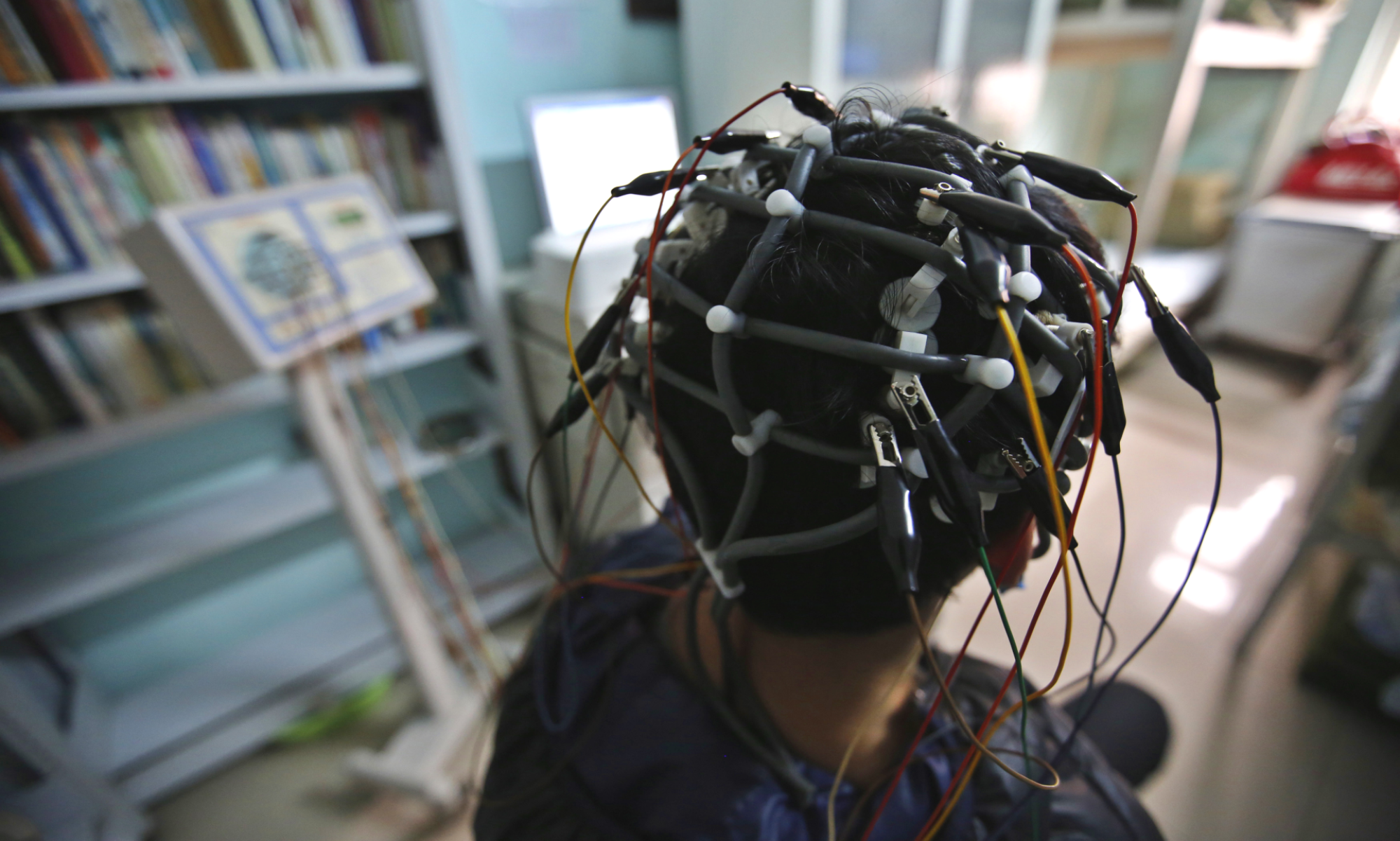At present we are witnessing a tremendous interest in Artificial Intelligence (AI), particularly in Deep Learning (DL)/Deep Neural Networks (DNNs) and, more importantly, cognitive neuroscience and we shift towards adopting cognitive systems dehumanizing decision making. One of the reasons appears to be the unmatched performance achieved by such systems. But most of these systems cannot explain why a particular decision is made (black box) and sometimes miserably fail in cases where other systems would not.
In the current scenario, we may be inspired by OpenAI’s recently released natural language processing neural network, GTP3, which is incredibly ‘human-like’.
The Computer Science and Artificial Intelligence Laboratory seeks to invent the future of computing and explore novel applications, enabling solutions to important national and global challenges. CSAIL articulates compelling interdisciplinary research visions for cognitive computing, invents fundamental new technologies, conducts basic research activities that strengthen the state of the art, and inspires and educates future generations of scientists, technology leaders, psychologists and the public.
Cognitive Neurodynamics focuses on the overlapping fields of cognitive science and nonlinear dynamics, while also covering related areas in neuroscience, psychology, mathematics, physics, computer science, informatics, intelligent robotics and more.
2016/17 ICD-10-CM Diagnosis Codes >
Mental, Behavioral and Neurodevelopmental disorders F01-F99 >
Anxiety, dissociative, stress-related, somatoform and other nonpsychotic mental disorders F40-F48 >
Dissociative and conversion disorders F44-9 >
Cyber identity disorder

